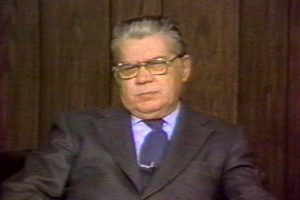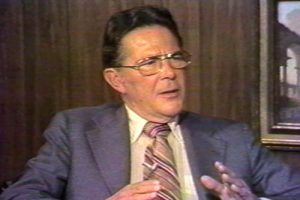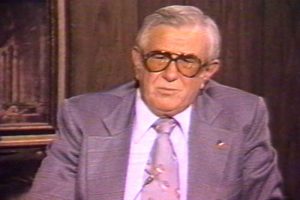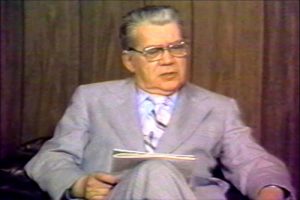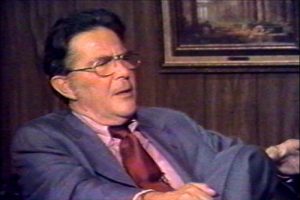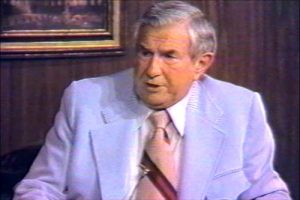 Uncategorized
Uncategorized
103: Investigation of an Untoward Incident
Highlights:
Investigation by Management precedes meting out of a penalty.
Questions to be answered: Was there a violation of the rules? Who did it? Are there circumstances affecting the gravity of the offense?
The initial investigation is usually performed by the foreman.
Duty of Fair Representation Issues
Under with the Supreme Court Weingarten case, if the accused asks for his/her steward, he/she is entitled to an interview with the steward before further questioning.
Employee silence can be used inferentially; there is no presumption of innocence in arbitration.
The Union’s Investigation After Issuance of a Penalty
Was the disciplinary procedure followed?
Was the rule reasonable?
Did the employee violate the rule?
Was the penalty reasonable?
After careful consideration of all the evidence, a decision by the Union whether to file a grievance is be made.
Investigation should be diligent and performed in good faith.
| Format | Three member panel discussion |
|---|---|
| Length | 56 Minutes |
| Moderator | M. David Keefe, Labor Arbitrator, Founder of LMDSI |
| Management’s View | Malcolm Denise, former V.P. for Labor Relations, Ford Motor Company |
| Labor’s View | Raymond Shetterly, former Director of the Arbitration Services Dept., UAW |
